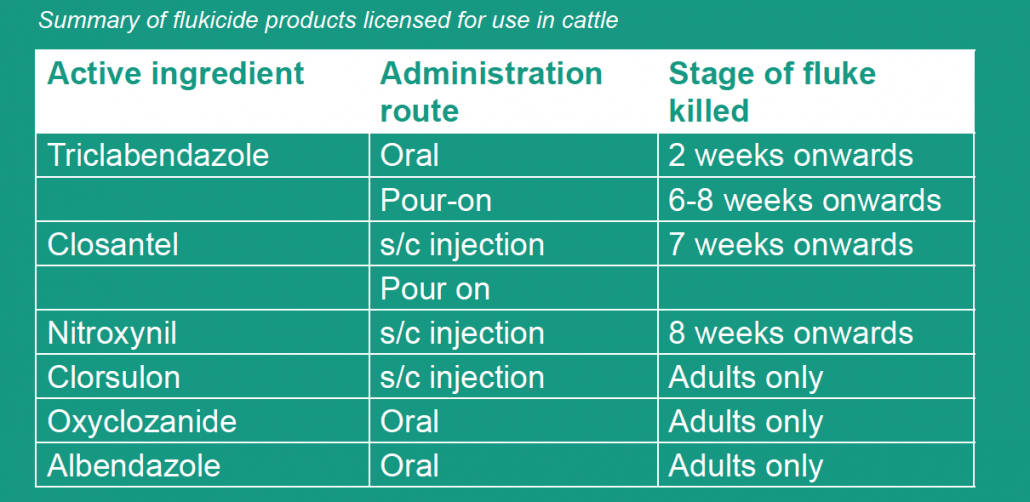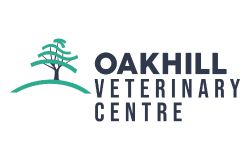We have experienced a drier summer than we are used to and this has posed different challenges. Worm burdens have been greatly reduced on pasture over the summer however if we get a heavy rainfall following this dry period there is likely to be mass emergence of worms onto pasture which may have severe consequences for our livestock if left untreated.
Exposure to lungworm may also have been reduced over the summer and so we would advise watching out for or listening to cattle to see if they are coughing over the next few months and treating if necessary. Lungworm can cause significant respiratory disease and death in cattle and should not be overlooked in any grazed stock. Where cattle have been grazed for extended periods the use of long acting anthelmintic bolus activity may have worn off and further treatment may be necessary.
Testing for Lungworm larvae can be done on a faecal sample however is slightly different to a normal worm egg count. If you would like to check grazed stock for Lungworm please submit a faecal sample stating that you require Lungworm testing.
Bringing in cattle from markets, other farms or common grazing can introduce new diseases to your own farm, including parasites such as liver fluke. Liver fluke is a common parasite that infects cattle, sheep and other domestic animals as well as wildlife such as deer and rabbits. Following several wet years monitoring, testing and treating for liver fluke early is also recommended during this year.
Resistance of liver fluke to treatments, in particular products containing triclabendazole (TCBZ), appears to be an increasing problem and one that needs managing on all livestock farms. It is important that care is taken to reduce selection pressure for resistance whenever possible by only using triclabendazole-containing products when no other options are suitable. Other medicines which contain the active ingredients, closantel, clorsulon, nitroxynil, oxyclozanide and albendazole are effective against adult flukes and some (nitroxynil and closantel) are effective against late immature stages between seven and eight weeks old.

If treating now or immediately on housing we would recommend using a Triclabendazole product but if cattle are housed for 7 weeks or more, one of the other products is often more suitable. Please speak to us about testing or when to treat.
